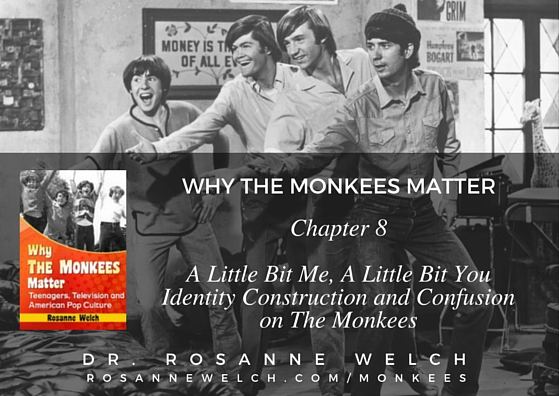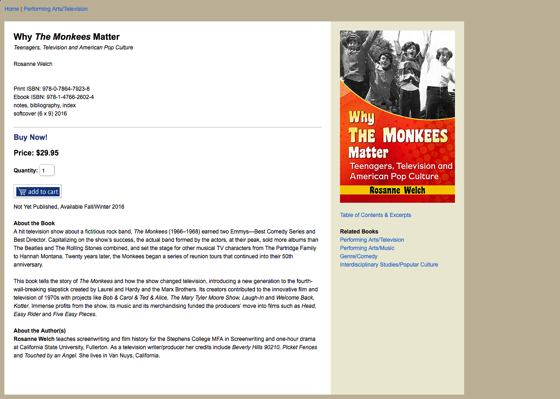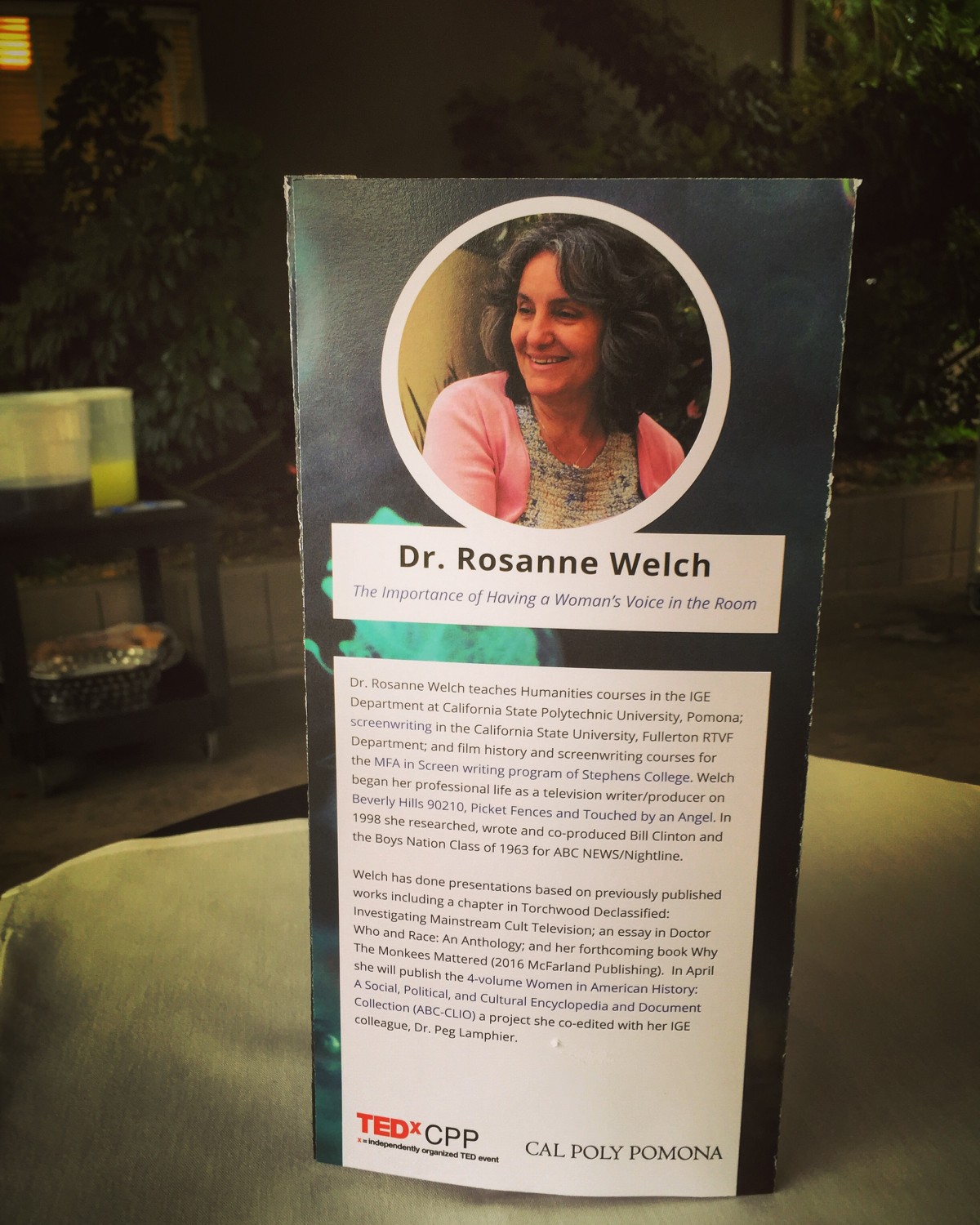As I try to keep the posts on these pages focused on the television show (since that is the focus of my book) I thought I’d post this link to a 1994 interview of Mike on the Later with Greg Kinnear.
As everyone ponders why Mike hasn’t formally joined this 50th anniversary tour, this interview shows he enjoyed his time on The Monkees, is proud of their work together on Justus, and even claims to have a favorite…
Which one could it be?
You’ll have to watch the video to find out.
![Michael Nesmith 1994 Interview with Greg Kinnear [Video]](https://rosannewelch.com/wp-content/uploads/2016/04/nesmith-kinnear.png)











